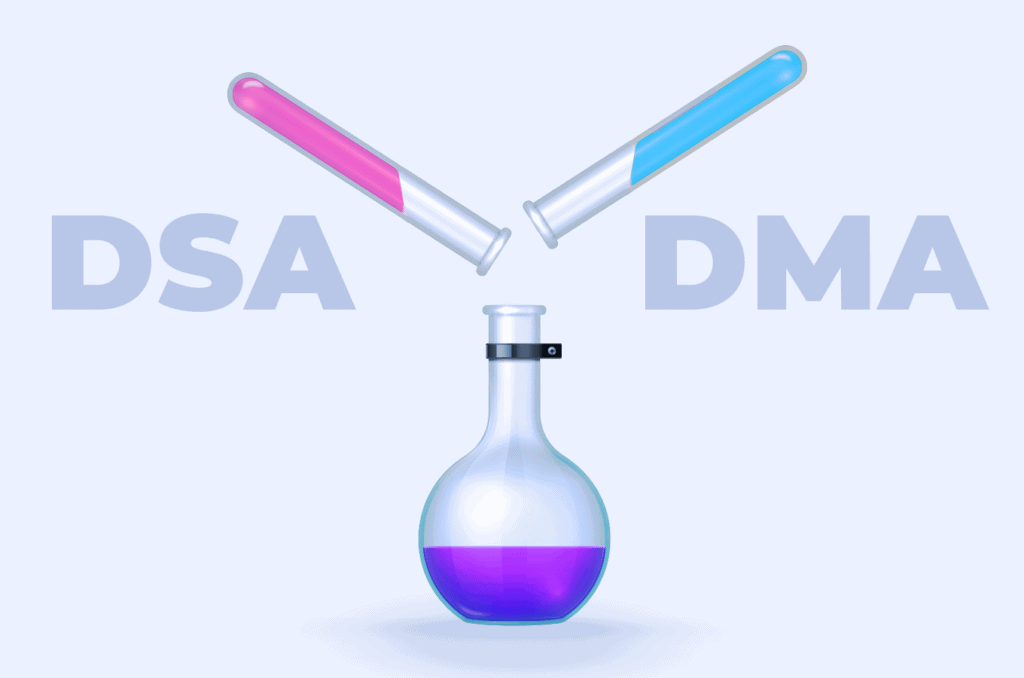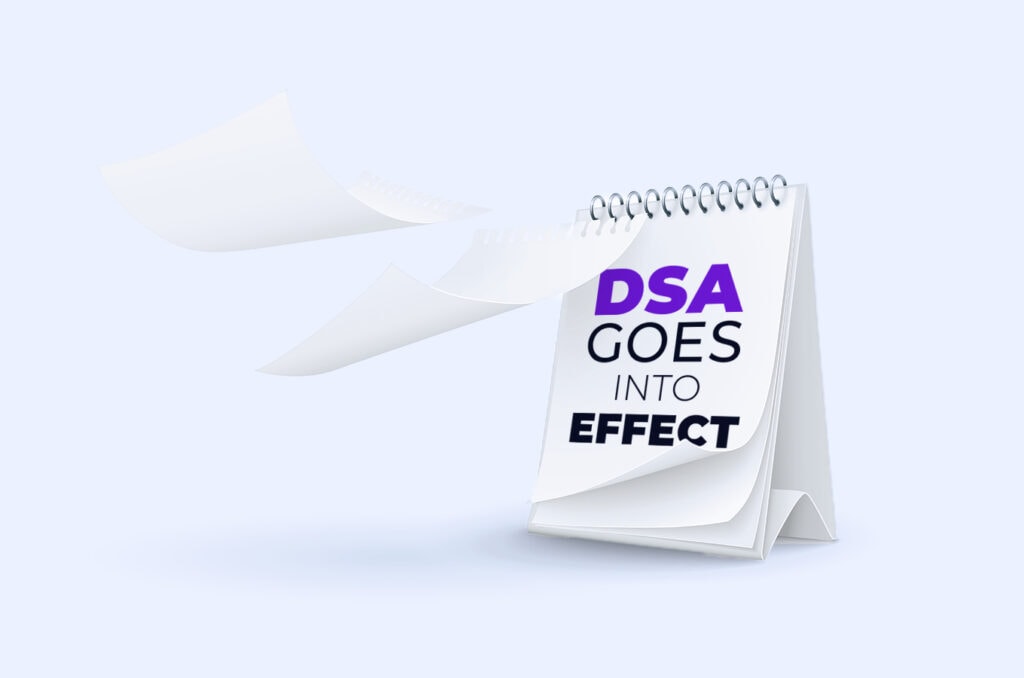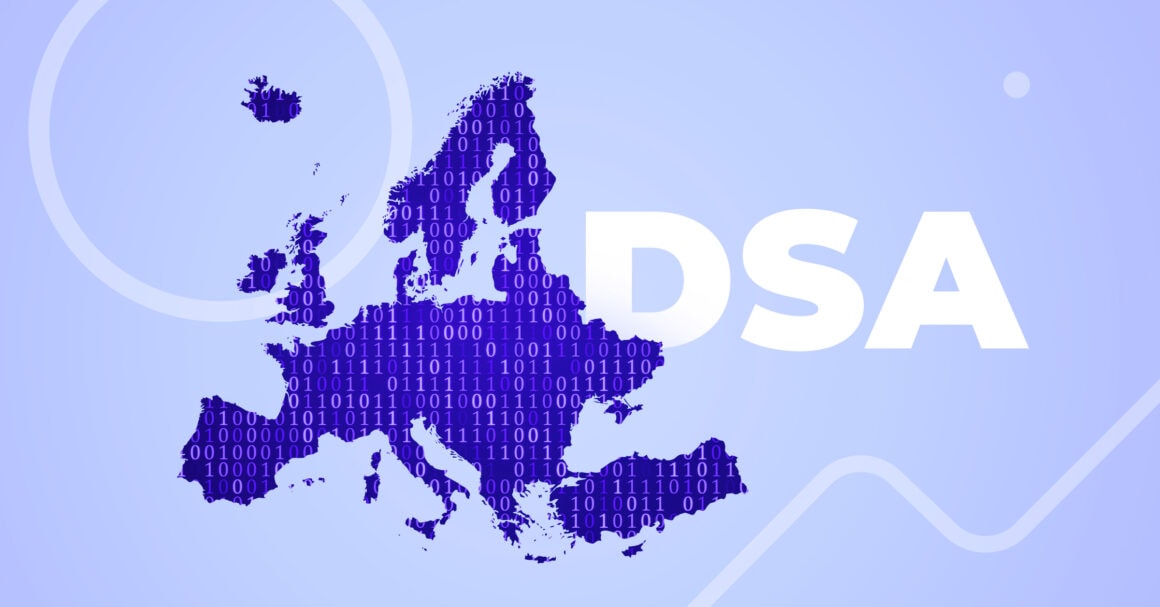The Digital Services Act is the lesser-known sister of the much more commented Digital Markets Act. In reality, they are both parts of the “Shaping Europe’s digital future” strategy that is supposed to reorient the old continent’s approach toward digital markets.
We all know that the EU gave birth to the good-willed but poorly implemented GDPR and ‘cookie consent’ initiatives that left most of the stakeholders of the digital sphere scratching their heads.
The Digital Services Act is a complex legal document that outlines Europe’s approach toward advertising and advertisers. It will surely affect the way ad platforms operate, as well as which advertising strategies will work in the future.
If you are a site owner, or running ads, or paying people to run ads, if you want your business to be DSA compliant – you should read what will be changed.
The changes are not imminent but they are unavoidable since the legislation has already been adopted. Start rethinking your strategy for 2023 now.
DSA vs DMA

DSA with DMA will establish a completely new set of rules by which all companies and users will run their businesses.
To clarify the differences between these two, here’s a short summary of what these two acts are about:
- DMA is about leveling the playing field among companies. Big companies that are identified as gatekeepers will be forced to allow competitors on their platforms. In short, the aim of this legislation is, among other things, to force Apple to allow other app stores on iPhones.
- DSA is about protecting people from potentially harmful content by forcing more thorough content moderation and, what is most important in this context, regulating advertising practices.
In short, DMA should not concern advertisers that much and it may even be beneficial, since they will have more choice in what apps are available and what payment solutions they use.
DSA however will directly influence what and how you can advertise.
Who will be impacted?
The Digital Services Act is applicable to intermediaries of online services and search engines that:
- have an establishment in the EU, or
- have a significant number of users in the EU, or
- target its activities towards one or more EU member states.
We all know that this legislation is built with Google or Facebook in mind, so if you advertise on those, read carefully. If you use some other ad network, chances are that it will be affected as well.
The timeline

Before we go into details, you are probably wondering (and half-panicking) when the changes come into effect.
Relax, you still have time.
The timeline isn’t very precise, it may shift a couple of months, but in short, it will go into effect for all platforms 15 months after entry into force date or June 1st 2024 (whichever comes later) but earlier for Very Large Online Platforms (VLOPs) or Very Large Search Engines (VLSEs).
Here’s what has already happened:
- DSA has been adopted by the Council of the EU
- DSA now awaits publication (7 October 2022 – 30 November 2022)
- 20 days later is entry force date and the 15 month adoption period starts
But for VLOPs, there’s a separate branch in this timeline. After the entry into force date, platforms have three months to report on the number of users (45 million is a number that puts the platforms in the VLOP category). So this should occur between 27 January 2023 and 20 March 2023. Four months after designation, DSA will come into effect. Another way is that some platforms won’t even have the three month data gathering period and will be subject to DSA only 4 months after entry into force.
This puts DSA adoption for large platforms in one of the two time ranges: 9 March 2023 – 30 April 2023, or: 2 February 2023 – 20 July 2023.
The scope of DSA
The DSA addresses 6 areas where platforms will be regulated:
- Notice & action – hosting services need to provide a mechanism for reporting illegal content
- User appeal – clear user appeal mechanism.
- Know Your business customer – platforms must verify traders using their services.
- Risk assessment – platforms must perform internal audits regarding risks and undertake efforts to mitigate them.
- Compliance – an in-house compliance body that reports directly to the platform’s management.
- Transparency – this is what concerns advertisers the most…
- Platforms will be held accountable for providing transparency reports, as well as information about what kind of targeting information was used to display a specific ad.
- Platforms will be held accountable if an advertiser uses deceptive techniques.
- Targeting minors will be off-limits, as well as targeting the population using sensitive characteristics (politics or religion).
- Information about how user data is used for further monetization will also have to be included.
- Lastly, regarding content aggregated by algorithms: such algorithms will have to be submitted to authorities and users will need to have an algorithm-free option to browse content.
Stricter control of advertisers means that many techniques used or strategies applied will need to be revised. What was allowed before may not be allowed in the future.
Mind that not all entities subject to this law will be equally applicable to these laws, depending on what the platform does and how big it is, the applicable scope will be different.
Final thoughts
It is hard to determine the impact that this law will have on advertisers that are doing their business in the EU, and as a matter of fact, anywhere else. Both DSA and DMA can set a standard for regulatory bodies in other countries.
You can however be assured that Voluum tracking will continue to operate, since it only records anonymous data. If your ad campaign is set according to new regulations, you have nothing to worry about tracking.




